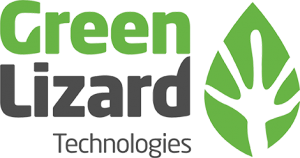The Problem
Many problems are encountered in the processing of vegetable oils, from plant to plate the oils must undergo multiple process and transport stages. Global vegetable oil consumption will be approximately 200 million metric tonnes in 2019 with the three dominant oils being palm, soy and rapeseed. Preparing these oils for human consumption requires stage processes such as degumming, bleaching and deodorizing. Deodorizing, the steam stripping of fatty acid and other components of the oil such as aldehydes, ketones and other volatiles, is particularly problematic in that the oil is subjected to significant thermal stress. Additionally, particularly in palm oil but first identified in soy, the conditions of deodorization can also lead to the formation of a range of carcinogenic compounds such as 3MCPD and glycidol esters of fatty acids. The transport of these oils across the globe can lead to extended storage times which in turn results in degradation such as increased acid content due to hydrolysis and oxidation. This often results in the need for secondary processing at the customer end.
Our solution
GLT has developed a process which can be implemented at mill or refinery level which removes fatty acid at the earliest possible stage under mild conditions, additionally, this process also removes chlorine at ppm levels. This results in reduced downstream process demands and can lead to implementing milder conditions during deodorization and reduced carcinogen content. This process can also be adapted to the treatment of pre-processed oil at the customer end to remove contaminants from traditional refining and degradation due to extended transport and storage.
